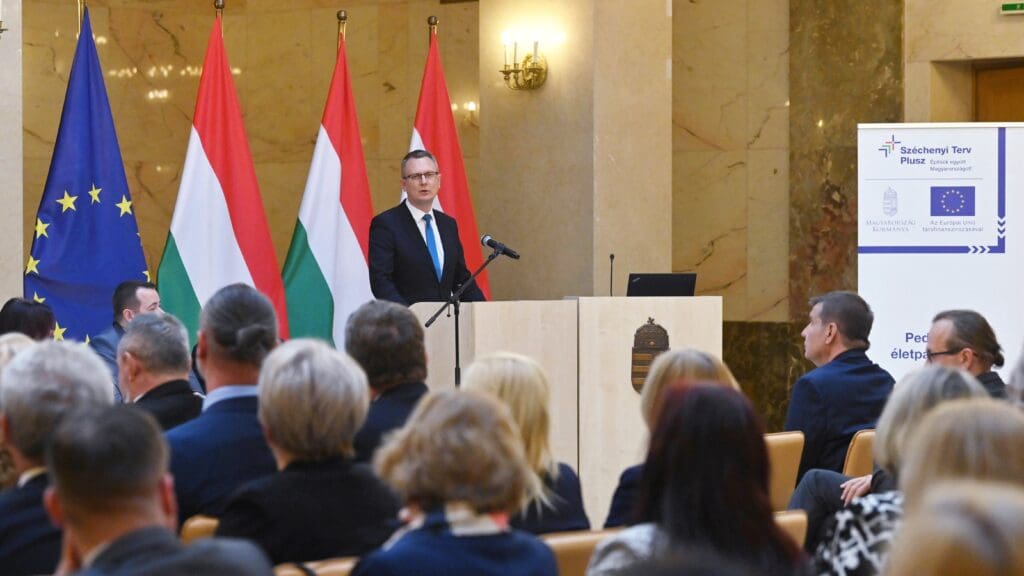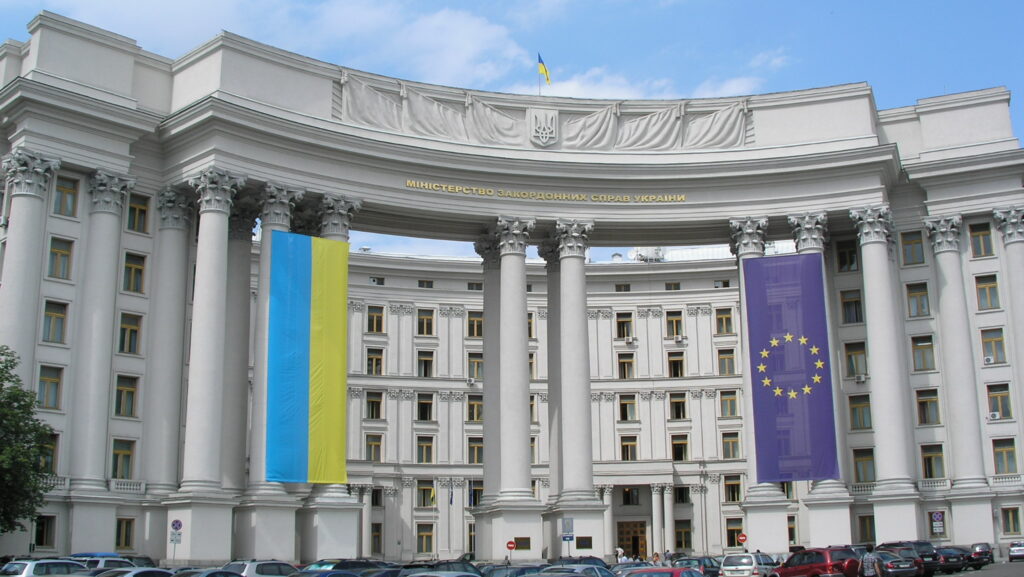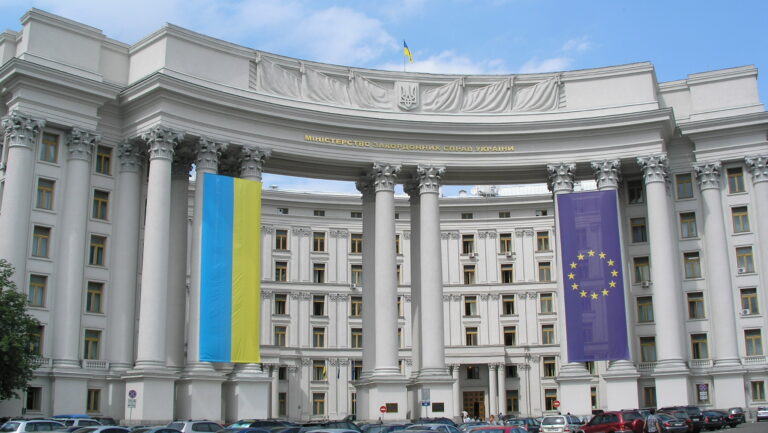‘A comprehensive increase in teachers’ salaries is being implemented to make the teaching profession as attractive as possible and to enhance the profession’s retention capacity,’ Bence Rétvári, the Parliamentary State Secretary of the Ministry of Interior announced on Tuesday in Budapest at a professional conference about the salary increase.
At the inaugural event of the project aimed at improving teachers’ salaries with EU support Bence Rétvári stated that in 2020, 2022, and 2023, salaries increased by 10–10–10 per cent respectively, and this year by 32.2 per cent. Plans for next year indicate a further 21 per cent increase. This amounts to a total increment of 93.3 per cent, nearly doubling teachers’ salaries over four years.
A total of 5,000 billion forints will be allocated for the complete salary increase until 2030, with approximately 800 billion forints from EU funds, the state secretary disclosed. He explained that teachers’ salaries are linked to the average salary of graduates, meaning that as graduate salaries increase, so do teachers’ salaries.

Bence Rétvári emphasized that besides financial appreciation, other governmental measures aim to increase the number of people choosing this profession. Hence, they developed a new law on teachers’ careers, which provides a framework for performance-based pay and salary increases. The requirement to write portfolios has been eliminated, as well as mandatory qualifications. Moreover, they have fixed a weekly working time obligation of 24 teaching hours, increased annual leave to 50 days, and enhanced institutional decision-making autonomy concerning performance-based pay, the state secretary outlined. He also noted that Hungary ranks eighth in the EU in terms of the teacher–student ratio: while the EU average is 12 students per teacher, in Hungary, it is only 10.6. Furthermore, he reported that on average, EU countries allocate 4.5 per cent of GDP to education, while Hungary allocates 5 per cent. Rétvári also mentioned the increasing interest in the profession, noting that over the past two years, the number of applicants for teacher training has risen: 20 years ago, around 5,000 young people were admitted, 10 years ago, 7,600, and last year, almost 13,000.
Teacher training is the second most popular programme in higher education,
he remarked. The goal, Rétvári stressed, is to provide Hungarian children with the most modern education possible, demonstrated by the distribution of approximately 339,000 notebooks since 2018 and the introduction of free textbooks.
State Secretary for EU Development at the Ministry of Public Administration and Regional Development Szabolcs Ágostházy described the salary increase programme introduced from 1 January as unprecedented in many respects, mentioning that it is the largest measure financed by the European Social Fund. From Hungary’s allocation of the cohesion fund, 763 billion forints will be spent on increasing teachers’ salaries, in addition to 26 billion forints for extra benefits for teachers working with disadvantaged students, the state secretary stated. 140,000 teachers working in public education will benefit from the salary increase, including 30,000 kindergarten teachers, and 20,000 teachers eligible for additional benefits for working with disadvantaged students, he detailed. Special emphasis is placed on increasing salaries for new teachers, he added, to attract and retain more talented young individuals in the profession, providing them with an additional 10 per cent salary increase in 2025. In addition to strengthening the career model, the general development of public education is also part of the programme, including teacher training, opportunity creation, catch-up programmes, competency assessments, and social development, he concluded.
Director–General of Employment, Social Affairs and Inclusion at the European Commission Andriana Sukova highlighted that it is not common for the European Union to finance salaries. However, they recognized that there are many challenges in education in Hungary. There is a significant shortage of teachers contributing to the growing inequality within the country, teachers are overburdened, and their salaries are low, leading to fewer teachers staying in the profession, she said. According to the Director–General, the salary increase is the first step in improving the quality of public education.
In the EU-operated programme financing the salary increase, it was also agreed that the Hungarian government will engage in substantive dialogue with teachers’ representatives, trade unions, and involve interest groups in decision-making processes, Sukova explained.
Related articles:
Sources: Hungarian Conservative/Ministry of Interior








